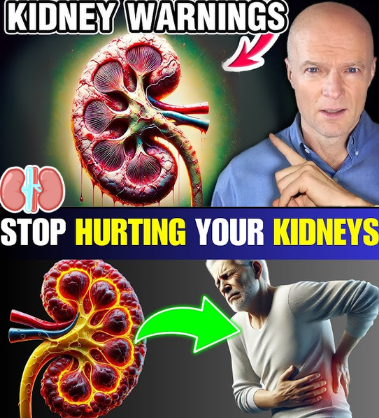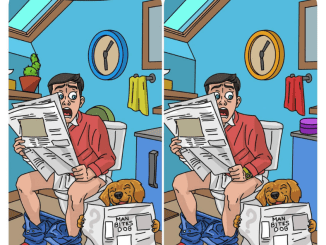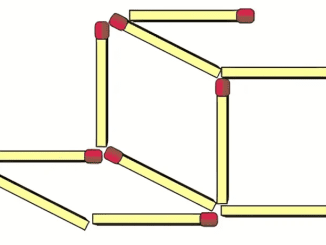
Your kidneys work quietly in the background every single day, filtering waste, balancing fluids, and keeping your body’s chemistry in check. But when something goes wrong, they don’t always shout for help—they whisper. And if you miss those whispers, the consequences can be severe. Let’s uncover the silent signs your kidneys might be struggling and what you can do before it’s too late.
Understanding the Role of Your Kidneys
Think of your kidneys as your body’s natural filtration system. These bean-shaped organs remove toxins, regulate blood pressure, balance electrolytes, and even help produce red blood cells. When they’re healthy, you barely notice them. But once they start failing, the impact can ripple through every system in your body.
1. Persistent Fatigue and Low Energy
If you feel drained no matter how much rest you get, your kidneys could be part of the problem. When they aren’t working properly, toxins and waste build up in your blood. This can cause fatigue, weakness, and difficulty concentrating. On top of that, damaged kidneys produce less erythropoietin, a hormone that triggers red blood cell production. With fewer red blood cells carrying oxygen, your body feels sluggish and worn down.
2. Swelling in the Hands, Feet, or Ankles
Kidneys that can’t filter properly allow extra sodium to build up, which leads to fluid retention. This swelling—known as edema—usually shows up in your feet, ankles, hands, or even around your eyes. If you notice your shoes or rings feeling tighter than usual, it’s worth investigating. While occasional swelling can have other causes, persistent puffiness may be your kidneys sounding the alarm.
3. Changes in Urination Patterns
Your urine can tell you a lot about your kidney health. Warning signs include:
- Frequent urination, especially at night
- Foamy or bubbly urine (a sign of excess protein)
- Dark, cloudy, or bloody urine
- Noticeably less urine output than usual
These changes often indicate that your kidneys are struggling to filter blood effectively or that there’s damage to the urinary tract.
Video : 10 Silent Kidney Disease Signs on Your Skin You Shouldn’t Ignore!
4. Shortness of Breath Without Physical Exertion
You might not connect breathing trouble to your kidneys, but there’s a strong link. Extra fluid in your body from kidney failure can build up in your lungs, making it harder to breathe. Additionally, anemia caused by kidney disease reduces oxygen delivery to your tissues, leaving you breathless even after light activity.
5. Persistent Itching and Dry Skin
When kidneys can’t remove waste efficiently, toxins accumulate in your blood, which can cause relentless itching. This isn’t just a minor annoyance—it’s often deep, persistent, and unrelieved by regular creams. Chronic kidney issues can also throw off the balance of minerals like calcium and phosphorus, leading to dry, flaky skin.
6. Metallic Taste in the Mouth and Bad Breath
A build-up of urea in the blood—known as uremia—can leave a metallic taste in your mouth and cause bad breath. Some people also lose their appetite or find that food tastes different. This can quickly lead to weight loss and nutrient deficiencies, further weakening your body.
Why Early Detection Is Critical
Kidney disease often develops silently, with symptoms appearing only after significant damage has occurred. By catching the signs early, you can take action to slow progression, protect kidney function, and prevent complications like heart disease or complete kidney failure.
How to Protect Your Kidney Health
Here are simple yet powerful ways to keep your kidneys functioning at their best:
- Stay Hydrated: Drink enough water to help your kidneys flush out waste.
- Control Blood Pressure and Blood Sugar: Hypertension and diabetes are leading causes of kidney damage.
- Limit Salt and Processed Foods: Excess sodium increases strain on your kidneys.
- Avoid Overusing Painkillers: Long-term use of NSAIDs can harm kidney tissue.
- Eat a Balanced Diet: Include fruits, vegetables, whole grains, and lean proteins to support overall health.
- Get Regular Check-Ups: Blood and urine tests can catch kidney issues before symptoms appear.
When to Seek Medical Advice Immediately
If you notice a combination of the symptoms above—especially swelling, changes in urination, or persistent fatigue—don’t delay. Early testing can make a huge difference in your treatment options and long-term health.
Video : Alert! 10 Silent Symptoms of Kidney Cancer (That you Ignore)
Conclusion
Your kidneys are small but mighty organs, working around the clock to keep your body clean and balanced. The problem is, they rarely scream for help—they send quiet, subtle distress signals instead. Recognizing these signs—fatigue, swelling, changes in urine, shortness of breath, skin issues, and strange tastes—can be life-saving.
Listen to your body, act early, and give your kidneys the care they deserve. Because once kidney damage advances, there’s no turning back—but catching it early can change your future.


